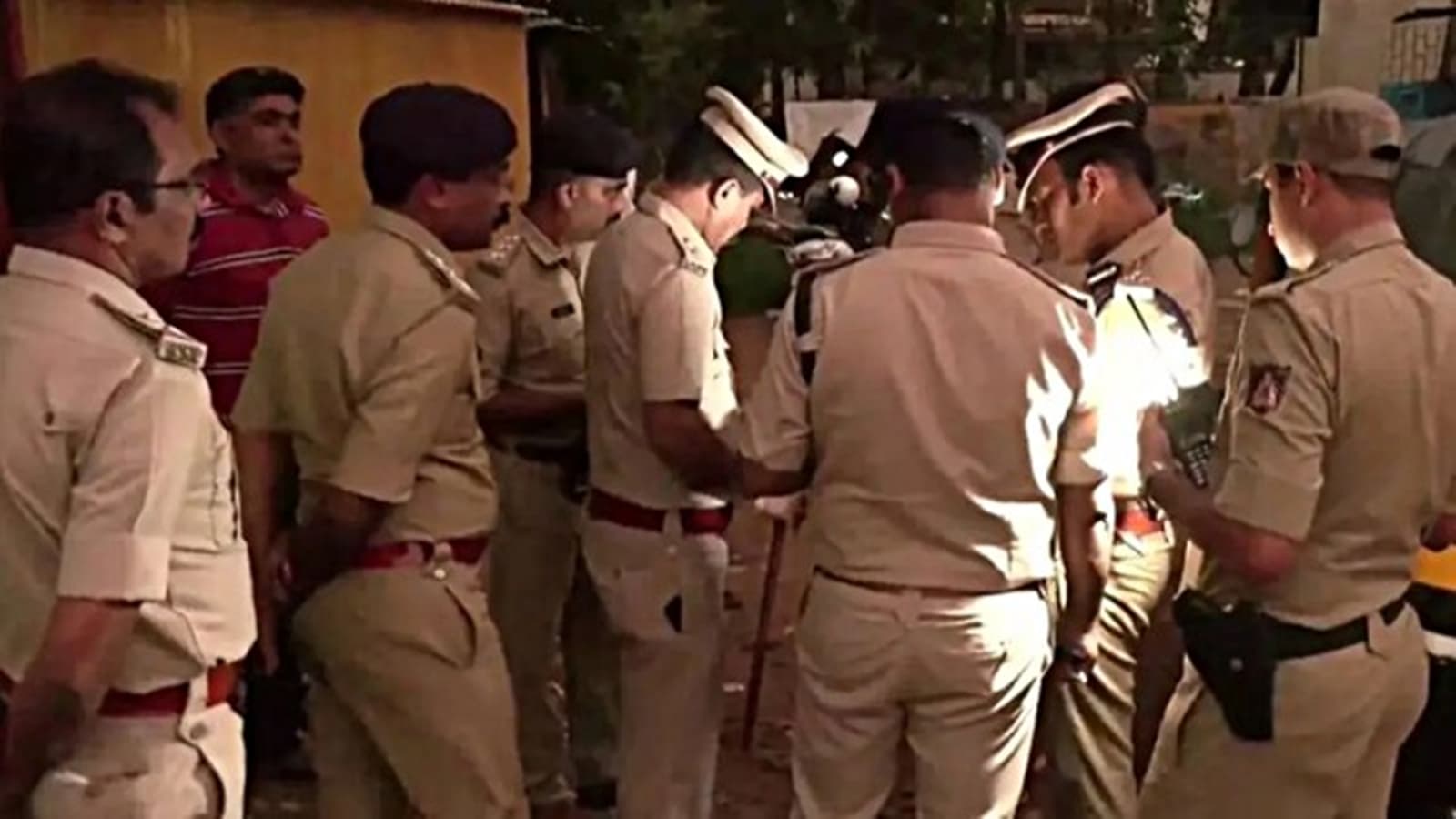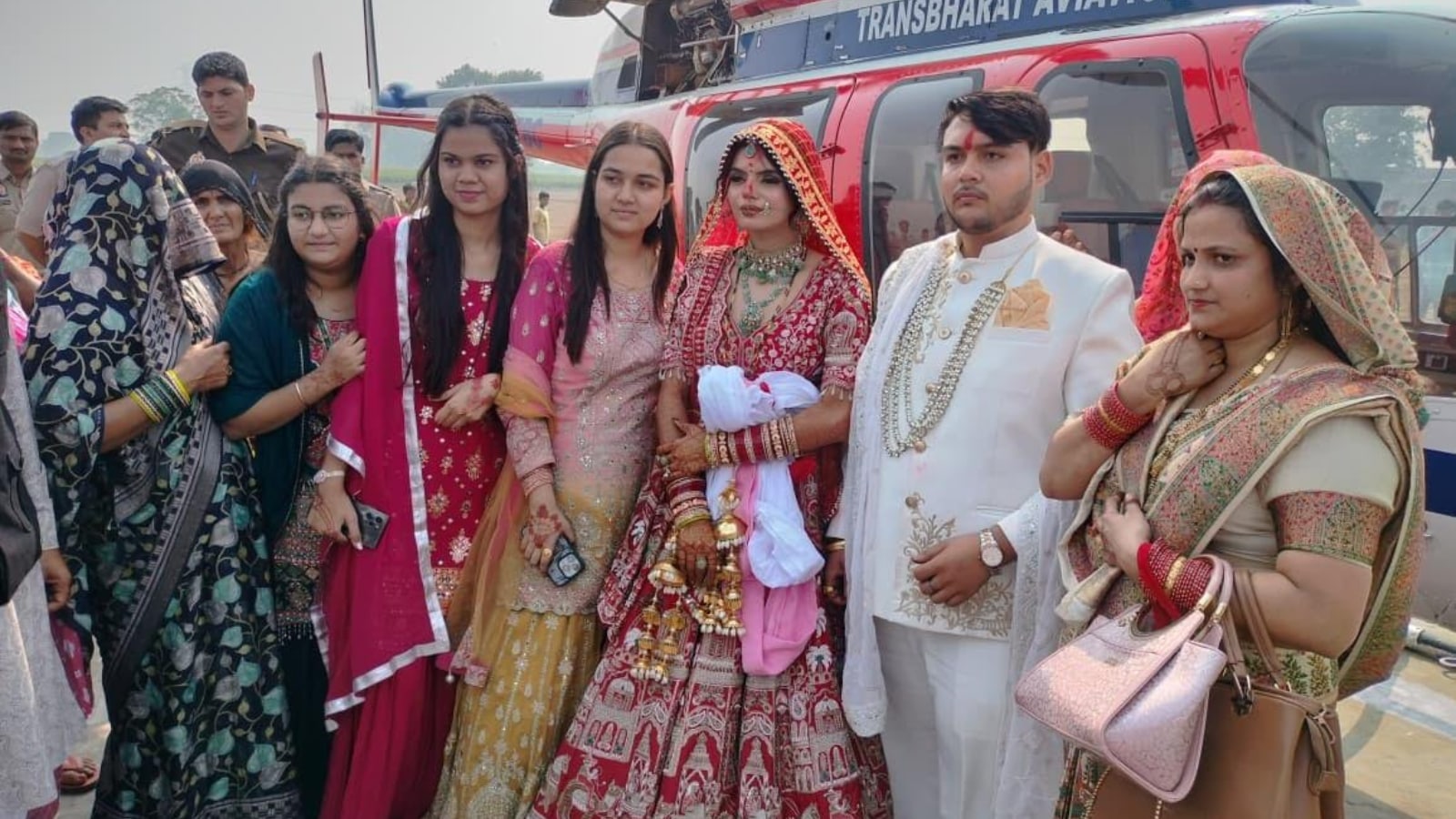From mainstream education to music to operational workshops for carpentry, pottery and textiles and facilities specially designed for visually impaired individuals, such as a library, computer lab and gym, the Happy Home School for the Blind in Mumbai’s Worli, which has around 200 visually impaired students, is set to celebrate its centenary celebration on Wednesday.
The organization was founded in 1925 with five blind orphans in a small space on Lamington Road.
Amidst the hustle and bustle of the campus as the staff and students prepare to give a flawless performance for the guests attending the centenary ceremony, there is the school’s music teacher, Hiren Dev, a visually impaired person who began his journey with Happy Home when he was a student in 1985.
Dave said the school paved the way for his love of music. “The teachers helped me identify and hone my talent. As a result, when I left school in 2003 after completing 10th grade, I pursued higher education in music.”
Dave completed his training as a Sangeet Visharad (Advanced Certificate in Indian Classical Music, often considered equivalent to a Bachelor of Music degree) and joined Happy Home School for the Blind as a music teacher in 2010. “I am happy to teach blind children; it is a skill that has helped me change my life,” said Dave, who is now married with two children and lives on Sandhurst Road in Mumbai.
Dave’s story is just one of many inspiring stories at Happy Home School for the Blind. Although it started as a boys’ school with a residential facility, the school now accepts girls as well. “We aim to provide a natural atmosphere for blind children to thrive and make a life for themselves in this busy world,” said Meher Banaji, principal of the school and 2004 Padma Shri awardee.

Recalling the history of the school, Banaji said: “The concept of educating blind children 100 years ago was considered rather radical, as they were considered capable of traditional crafts like weaving, basket making etc. This was a challenge for our founder, the late Kumi Sohrab Bharucha, who worked tirelessly to make this dream a reality. The school was then placed on the top floor of BDD Chawls, where classrooms were by day, which were converted into dormitories in 1971. The school to its current location on Annie Besant Road in Worli, where children with visual/multiple disabilities take their first steps to understanding their environment and begin to learn that their world is connected to what they hear, feel and touch but cannot see.
Story continues below this ad
Apart from classrooms for regular education, the three-storey building in Worli offers other facilities specially designed for visually challenged individuals, such as a library, computer lab, music room etc. There are also hands-on carpentry, pottery and weaving workshops – manual as well as machine weaving – to expose students to various skills that will help them earn a living if they struggle with regular academics. The school also has a functional gymnasium for students.

Stressing the importance of all these facilities, Banaji said: “In a regular school, blind children feel isolated as their movement and participation in activities is limited. For example, in a regular school, blind students are asked to sit aside in gym class, but here our students perform highly coordinated gymnastics exercises. We want our students to be independent and confident to earn a living in this world.”
It is not mandatory for students registered here to pay fees. Apart from donations from benefactors, the school also earns money by holding exhibitions of materials prepared by blind students. Owing to the music programs being successfully conducted at the school, the student choir performs at various locations in Mumbai, such as Taj Mahal Palace Hotel, Afghan Church, etc., during Christmas and other occasions.
Apart from learning various extra-curricular activities, students attend Maharashtra State Board Class 10 examination in the school. After passing out, many students move on with their lives, but many individuals like Dave return to reconnect with it, as the campus makes them feel at home.
(Tags for translation)Mumbai











